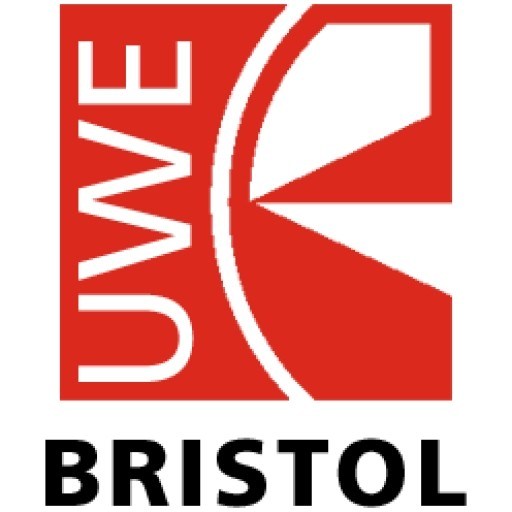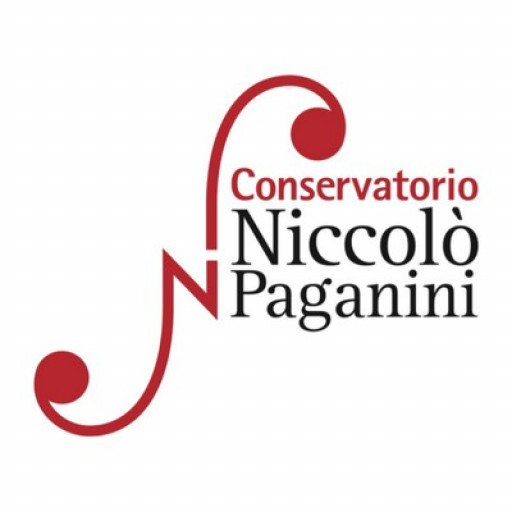Photos of university / #uwebristol
Wildlife Filmmaking at the University of the West of England offers a comprehensive and immersive educational experience for aspiring filmmakers passionate about wildlife, conservation, and nature. This innovative programme combines practical filmmaking skills with in-depth knowledge of ecological themes, enabling students to produce compelling documentaries that raise awareness and inspire action. Throughout the course, students engage in hands-on training in camera operation, sound recording, editing, and storytelling techniques specific to wildlife and environmental contexts. The curriculum emphasizes creativity, technical proficiency, and ethical considerations integral to wildlife filmmaking, fostering critical thinking and responsible storytelling. Students have access to state-of-the-art facilities and equipment, including professional cameras, editing suites, and editing software, to hone their craft in a supportive learning environment. The programme also incorporates theoretical modules on ecology, conservation, and animal behaviour to inform and enrich storytelling. Fieldwork and practicums form a vital part of the course, providing real-world experience by working on projects in diverse natural habitats and collaborating with conservation organisations. Guest lectures, industry workshops, and opportunities to showcase work at film festivals connect students with professionals in the field. The course prepares graduates for careers in wildlife and nature filmmaking, broadcasting, conservation communication, and related media industries. With a focus on environmental responsibility and storytelling excellence, the Wildlife Filmmaking programme at UWE offers a unique platform to turn passion for wildlife into a meaningful and impactful professional journey.
The full master's course comprises 180 credits divided into three 60 credits stages: Postgraduate Certificate, Postgraduate Diploma, and Master's. Students work incrementally through the three stages and must pass all modules at each stage in order to progress to the next.
The course is practical and production-based. During the year, students will produce a series of projects.
- Creating the Story - Explores the art and science of storytelling. Teaches you the writing skills to produce films that are both distinctive and commercial.
- Mastering the Business - Gives a solid introduction to the business and production of wildlife films.
- Preparing for Production - Guides you through the production process for your final film, exploring research and development, editorial specification and pitching.
- Future Documentary - Explores how to produce wildlife stories for a range of new and emerging multi-media platforms.
- Professional production - An extended 3-6 month production module, where you will undertake your own creative project and showcase your portfolio of skills. This bespoke module will be largely self-directed, supported by tutorials and sessions with an industry mentor.
The University continually enhances our offer by responding to feedback from our students and other stakeholders, ensuring the curriculum is kept up to date and our graduates are equipped with the knowledge and skills they need for the real world. This may result in changes to the course. If changes to your course are approved we will inform you.
Entry requirements
An undergraduate degree and basic media production skills are preferred. Highly motivated individuals already engaged in developing a portfolio of relevant experiences and activities (e.g. volunteer work, conservation experience, wildlife or travel filmmaking, writing, photography, adventure activity) will also be considered.
Applications from international students are actively encouraged.
In addition to the general UWE Bristol application, candidates should submit with their application:
- A programme idea for a one hour wildlife documentary (on a single side of A4)
Short-listed candidates will be invited to interview (telephone interviews will be conducted for international applicants). They will need to bring/provide a show reel or concise portfolio of previous work. This may include audio, film, video, photography and writing.
Home/EU-Full Time-Award Fee: 9500 GBP
International-Full Time-Award Fee: 13000 GBP
Careers / Further study
Students have worked on BBC series, produced films for the Festival of Nature, The Wildfowl and Wetlands Trust at Slimbridge, the RSPB and the Zoological Society of London - some of the UK's top wildlife and conservation organisations.
We also have an ongoing partnership with Wildscreen, the award-winning wildlife conservation charity and Encounters, the Bristol-based international short film festival. Students have been highly commended in the British Wildlife Photography Awards HD film category and were nominated in the Wildscreen Panda Awards. Graduates have also secured internships and employment with the BBC and other organisations such as Discovery, Icon Films, RDF and Tigress Productions.
Our award-winning careers service helps you develop your employment potential through career coaching, a vacancy service for internships, placements, jobs, global opportunities, volunteering and community activity plus support for entrepreneurial activity, and access to employer events.










